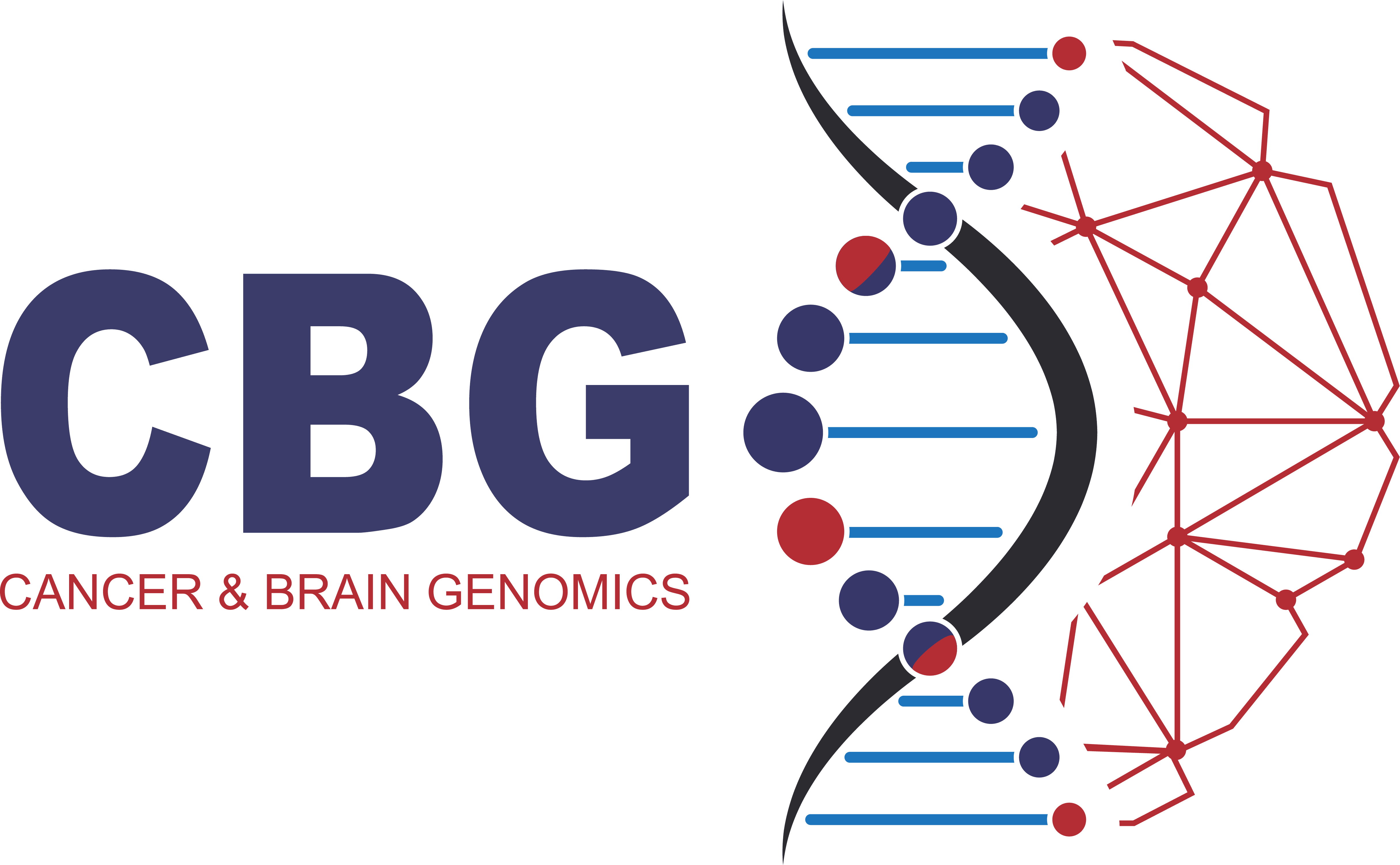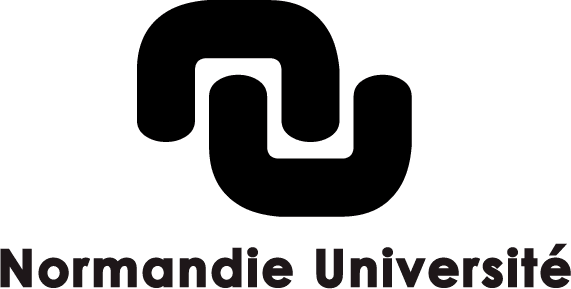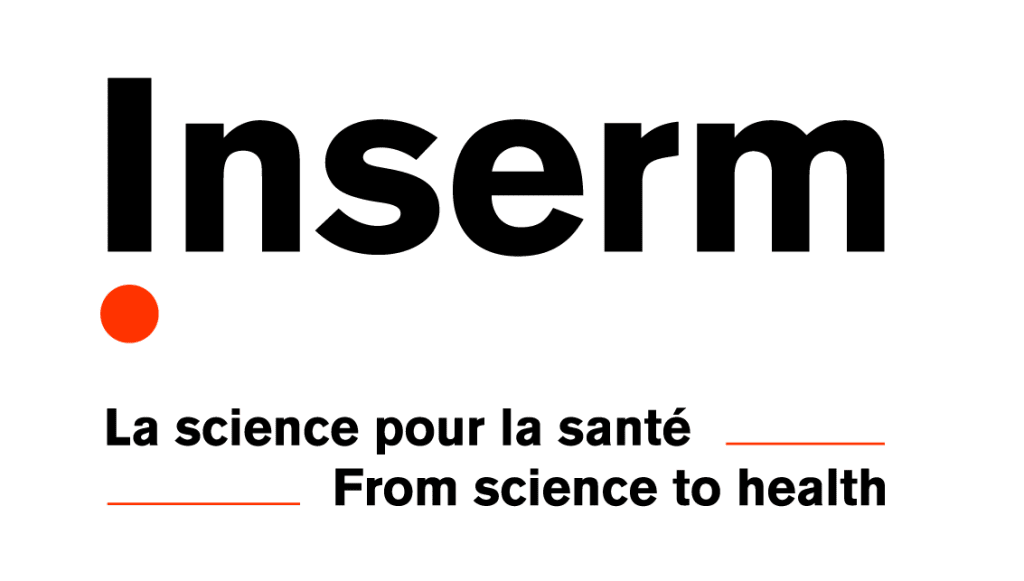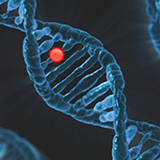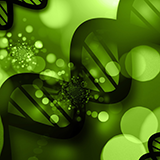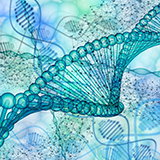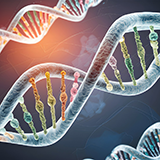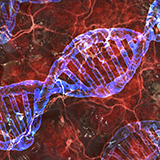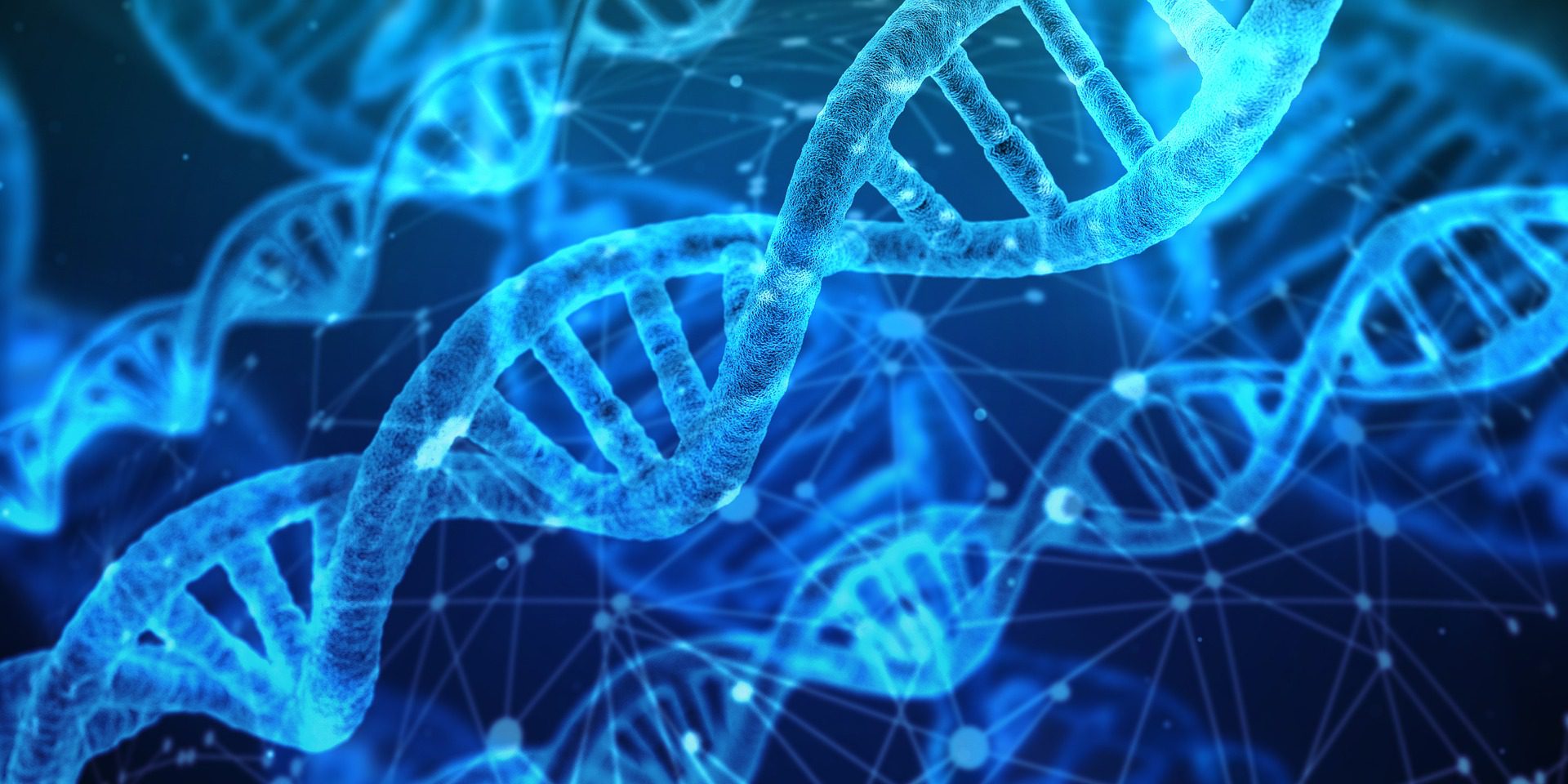
Cancer and Brain Genomics Laboratory (CBG)
 The Unit
The Unit
The objective of the Cancer and Brain Genomics Unit (CBG, Inserm UMR 1245) is to improve the diagnosis and care of cancers and neurological diseases by studying their genetic determinism and identifying specific biomarkers using innovative genomics and “multi-omics” tools.
It comprises 5 teams located on the Rouen hospital and university campus (teams housed in the research building of the Health Faculty (UFR Santé) of the University of Rouen Normandy and in the Henri Becquerel Comprehensive Cancer Center (CLCC), in immediate proximity and strong interaction with the Rouen University Hospital (CHU)), the François Baclesse CLCC in Caen in partnership with the University of Caen Normandy, and on the Mont-Saint-Aignan campus of the University of Rouen Normandy (CURIB building).
Director : Pr. Gaël NICOLAS
Assistant Director : Dr. Bruno GONZALEZ
Executive Assistant : Nathalie PORCHET
Supervising Institutions :
University of Rouen Normandy (Health Faculty) – Inserm
Federations :
Institute for Research and Biomedical Innovation (IRIB, FED4220)
Doctoral Schools :
ED497 – Norman Integrative Biology, Health, Environment (NBISE)
 Expertise, Tools, Structures, and Equipment
Expertise, Tools, Structures, and Equipment
The unit brings together state-of-the-art expertise, tools, structures, and equipment in medical and functional genomics, ideally positioning this unit to address the challenges and issues of genomics, post-genomics, precision medicine, and digital health:
- A genomics infrastructure comprising second (Illumina Miseq, Nextseq550, Novaseq6000) and third-generation (Pacbio Revio, Nanopore) sequencers, robots, and all the necessary equipment for library preparation, (ASGARD Genomics Platform (Advanced Genomic Analyses and Sequencing for Research and Diagnosis) and equipment from the Caen and Rouen CLCCs), along with digital PCR platforms, tools for studying DNA methylation, and traditional DNA and RNA analysis technologies.
- A bioinformatics structure integrating the unit’s own infrastructures (CEREBRO, computing and storage cluster) within the University of Rouen Normandy and human resources in bioinformatics and biostatistics.
- Cell culture technical platforms enabling the culture of human induced pluripotent stem cells (hiPSC), their genomic editing (CRISPR/Cas9), and their differentiation into chosen cell types, in 2D or 3D (organoids), for studying disease mechanisms, treatment response, and toxicity, and access to cutting-edge tools in imaging and cell biology within the PRIMACEN platform.
- Tools and equipment for small animals (in utero electroporation, small animal surgery, animal behavior, electrophysiology, optogenetics).
 Research Activities
Research Activities
The scientific problems addressed are critical for the understanding and management of multiple pathologies. Current and future methodological developments and new knowledge are essential prerequisites for advances in medical research, including the detection and interpretation of individual genetic variations, the integration of variations and the calculation of personalized risk, the development of biomarkers based on results obtained from models close to patients’ biological reality and directly linked to patient samples, phenotypic characterization and the strong link with clinical specialists at the forefront of their field, the personalization of diagnoses, treatments, and care strategies, and the development of digital tools. New scientific knowledge derived from rare diseases, extreme forms of common diseases, and directly from common diseases has a potential impact on a large number of patients, in a spirit of translational research to meet patients’ specific needs.
 Research Topics
Research Topics
These projects and infrastructures are built around a coherent scientific project focused on the two major flagship thematic areas of neurogenetics and oncogenetics, themes in which the unit has acquired an international reputation.
 Sustainable Development
Sustainable Development
The CBG unit is fully committed to its ecological transition, producing its annual carbon assessment to measure the environmental footprint of its research activities.
